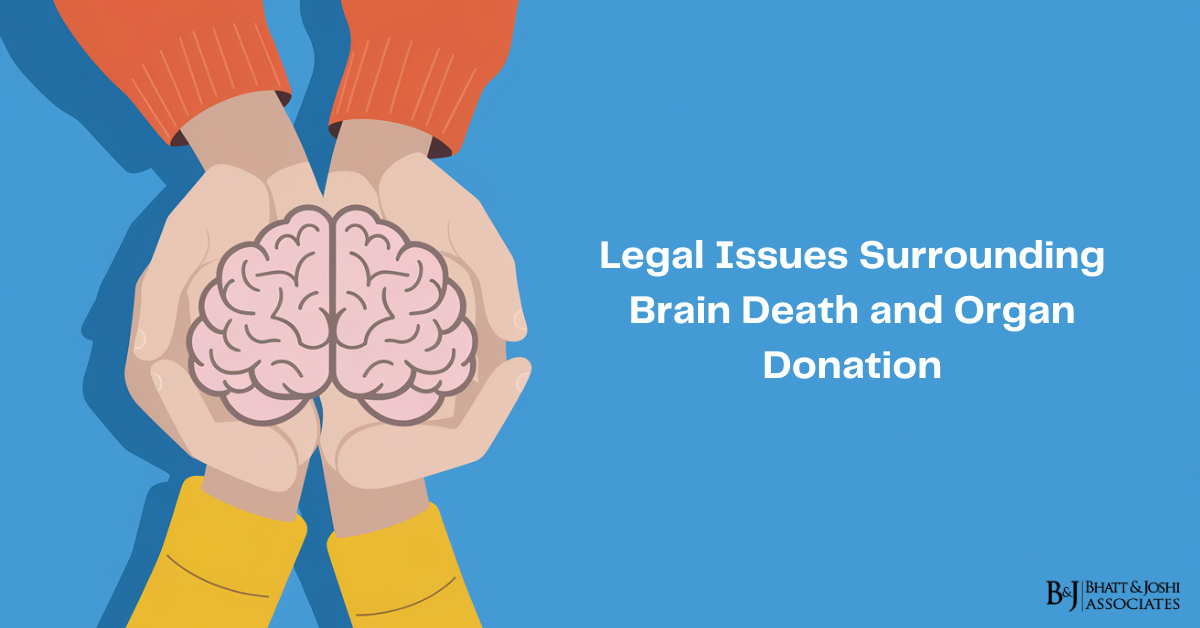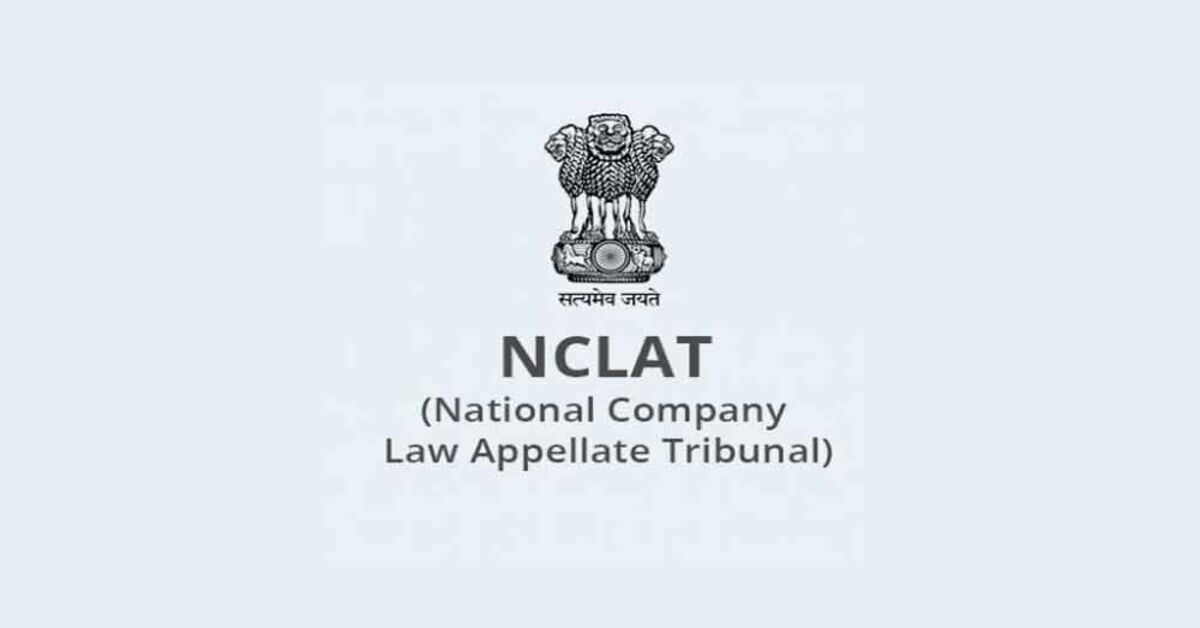Introduction
Organ donation has emerged as one of the most transformative developments in modern medicine, offering the chance of survival to individuals suffering from organ failure. However, the practice of organ donation is inextricably linked with complex legal, ethical, and medical considerations, particularly in the context of brain death. Brain death, defined as the irreversible cessation of all brain activity, is crucial for deceased organ donation, but the legal and ethical nuances surrounding this concept are hotly debated. These debates often center on the definition of death, the right to consent, medical ethics, and the rights of the donor’s family. This article delves into the regulatory frameworks that govern brain death and organ donation, the legal and ethical dilemmas they pose, and the relevant case laws and judgments shaping these issues globally.
Defining Brain Death: Legal and Medical Perspectives
The concept of brain death is a medical and legal linchpin for organ donation. Medically, brain death occurs when a person has permanently lost all functions of the brain, including the brainstem, and cannot breathe independently. Unlike cardiac death, where the heart stops beating, brain death means the body can still be kept alive mechanically, enabling organs to remain viable for transplantation. Legally, brain death has been accepted as equivalent to biological death in many countries, but the exact criteria for declaring brain death differ across jurisdictions, sparking considerable legal debate.
In India, the Transplantation of Human Organs and Tissues Act, 1994 (THOTA) is the primary legislation regulating organ donation, and it explicitly recognizes brain death. According to the law, a person can be declared brain dead only after a stringent certification process by a medical board. The board must include a neurologist, a medical superintendent, and a surgeon who collectively confirm the irreversible cessation of brain function. The panel conducts a series of tests to determine the absence of brain activity, including tests for pupil reflexes, respiratory function, and other neurological criteria. The law is designed to ensure that brain death declarations are accurate, eliminating any scope for medical negligence.
The Uniform Determination of Death Act (UDDA) in the United States also provides a legal definition of death, recognizing both brain death and cardiac death as forms of legal death. Under the UDDA, a person is considered dead when they have experienced the irreversible cessation of either circulatory and respiratory functions or all brain activity. While the concept of brain death is medically sound, its interpretation in legal terms often faces scrutiny, especially in cases where families refuse to accept the diagnosis, viewing it as an inadequate marker for the end of life.
Regulation of Organ Donation: National and International Legal Frameworks
The regulation of organ donation is a multifaceted issue involving medical protocols, ethical considerations, and legal standards. Countries have established laws and regulations that govern how organs are procured, who can donate organs, and how these organs are distributed. These frameworks are designed to ensure transparency, prevent organ trafficking, and protect both the donor and recipient from exploitation.
In India, organ donation is primarily governed by THOTA. The Act outlines stringent guidelines for organ donation from both living and deceased donors, with a specific focus on regulating brain death for organ transplantation. Under the Act, a person can donate their organs either by explicit consent during their lifetime or, in the case of brain death, through the consent of the next of kin. The Act also introduced several amendments, including the Transplantation of Human Organs (Amendment) Act, 2011, which expanded the scope of donation to include tissues and introduced a registry system to facilitate matching donors and recipients.
The United States has a well-established legal framework for organ donation through the National Organ Transplant Act (NOTA) of 1984, which prohibits the sale of organs and established the Organ Procurement and Transplantation Network (OPTN) to ensure the equitable distribution of organs. The United Kingdom, under the Human Tissue Act, 2004, governs the removal, storage, and use of human tissue, including organs, and emphasizes the need for consent in organ donation. The UK has also recently moved towards a presumed consent system with the Organ Donation (Deemed Consent) Act 2019, where individuals are presumed to consent to organ donation unless they explicitly opt out during their lifetime.
Internationally, organ donation is guided by several principles laid out by organizations like the World Health Organization (WHO) and the Council of Europe. The WHO advocates for a voluntary and altruistic system of organ donation and encourages member states to create national frameworks to regulate the procurement and transplantation of organs. Similarly, the Council of Europe’s Convention on Human Rights and Biomedicine sets forth the legal principles for organ transplantation, ensuring that organ donation remains voluntary and based on informed consent. These regulations emphasize the need to balance ethical standards with the practical need for more donor organs in a system that is transparent and fair.
Consent and Autonomy in Organ Donation: Legal and Ethical Considerations
One of the most pressing legal issues in organ donation is the matter of consent. Ensuring that the donor or their family has given voluntary and informed consent for the donation of organs is crucial for upholding ethical standards. Consent can take several forms, including explicit consent, presumed consent, and family consent. However, the legal frameworks governing consent can vary greatly depending on the jurisdiction, leading to complex legal challenges, especially in cases of brain death.
India follows an explicit consent system under THOTA, requiring that either the individual donor consents to organ donation during their lifetime, or their family consents after brain death has been declared. In cases of brain death, medical professionals are obligated to explain the diagnosis to the family in detail before obtaining consent for organ donation. This legal requirement has been put in place to avoid disputes arising from miscommunication or lack of understanding of brain death. Despite this, legal challenges often arise when families disagree with the medical diagnosis or feel that they have not been properly informed. These challenges have resulted in several cases being brought before the courts, contesting the legality of the brain death declaration and the subsequent removal of organs.
In contrast, many European countries have adopted an opt-out or presumed consent system, where it is assumed that individuals consent to organ donation unless they have registered their objection. Spain, for instance, is considered a global leader in organ donation, largely due to its presumed consent system combined with a highly organized transplantation network. This system simplifies the donation process and increases the availability of organs. However, it also raises legal and ethical concerns, particularly in cases where an individual’s wishes were not explicitly documented, leading to potential disputes with the family.
The case of Janet Tracey v. Cambridge University Hospitals NHS Foundation Trust in the United Kingdom highlighted issues related to consent and communication in end-of-life care, including organ donation. The court found that the hospital had breached its duty by failing to consult the patient and her family adequately before making decisions regarding life-sustaining treatment. Although the case did not directly involve organ donation, it underscored the legal responsibility of medical professionals to engage in open and transparent communication with families in critical medical situations.
Judicial Interpretations and Case Laws on Brain Death and Organ Donation
Several landmark judgments across the globe have shaped the legal landscape surrounding brain death and organ donation. Courts have played a pivotal role in interpreting the laws related to brain death declarations, consent for organ donation, and the responsibilities of medical institutions. These cases often involve complex questions of law, medicine, and ethics, where courts must balance the need to respect individual rights with the broader societal interest in promoting organ donation.
In India, one of the most significant cases involving brain death and organ donation was K.K. Goyal v. State of Rajasthan, where the family of a brain-dead patient contested the legality of the brain death diagnosis. The family argued that they had not been adequately informed about the medical procedures involved in declaring brain death and thus could not provide valid consent for organ donation. The Rajasthan High Court upheld the hospital’s actions, stating that the brain death diagnosis followed the procedures laid out in THOTA, and that the family had been adequately informed. This case reinforced the importance of medical transparency and adherence to the legal guidelines governing brain death certification.
In the United States, the case of McMath v. California Department of Public Health became a focal point for legal debates over brain death. Jahi McMath, a 13-year-old girl, was declared brain dead after complications from surgery, but her family refused to accept the diagnosis, citing religious beliefs and personal convictions. The family waged a prolonged legal battle to keep Jahi on life support, challenging the state’s brain death determination. While the court upheld the hospital’s diagnosis of brain death, the case sparked national debates on the definition of death, religious rights, and the role of the courts in medical decision-making.
A prominent case in the UK, Re A (A Child) [2001], involved conjoined twins, where one twin was declared brain dead. The case required the courts to make difficult decisions about life-saving surgery, which would inevitably lead to the brain death of one twin to save the life of the other. The court ruled in favor of the surgery, highlighting the complexities involved in legal interpretations of brain death and medical necessity. The case has since been cited in numerous debates regarding end-of-life care, organ donation, and the ethical limits of medical intervention.
The Role of Medical Institutions and Professionals in Brain Death and Organ Donation
Medical professionals and institutions bear significant legal responsibilities when it comes to brain death determinations and organ procurement. Hospitals must follow stringent legal protocols to ensure that brain death diagnoses are accurate and that consent for organ donation is obtained in accordance with the law. Failure to follow these protocols can result in legal liability for medical malpractice or criminal charges.
The THOTA Act in India clearly delineates the responsibilities of medical professionals involved in the process of certifying brain death. According to the Act, brain death must be certified by a panel of four medical experts, and failure to adhere to this requirement can result in
legal challenges. In the case of State of Haryana v. Raja Ram, the Supreme Court emphasized the need for strict compliance with medical and legal standards when diagnosing brain death. The court held that the failure to follow proper procedures in determining brain death could render the entire organ donation process invalid, placing medical institutions at risk of legal repercussions.
In the United States, the UDDA establishes clear legal criteria for brain death determinations, and medical professionals who follow these criteria are protected from legal liability. However, cases like McMath demonstrate the legal challenges that can arise even when medical professionals follow established protocols. Courts have generally ruled in favor of medical institutions in these cases, as long as brain death was determined according to legal and medical guidelines.
Ethical Dilemmas and Legal Conflicts in Brain Death and Organ Donation
Brain death and organ donation exist at the intersection of law, ethics, and medicine, creating a landscape fraught with ethical dilemmas. One of the most significant ethical concerns is the question of when life truly ends. While medical science may define death in terms of brain function, many individuals and religious groups define death differently, based on the cessation of heart and lung activity. These differing beliefs create legal conflicts when families contest brain death diagnoses or refuse to consent to organ donation based on religious or cultural reasons.
In India, religious beliefs often influence attitudes toward organ donation and brain death. Hinduism, for example, views the body as a vehicle for the soul, and some Hindus believe that death occurs when the heart stops beating, rather than when brain activity ceases. In the case of Mohammed Salim v. Union of India, the petitioner argued that brain death violated his religious beliefs, which considered the heart as the true indicator of life. The court, while acknowledging religious sentiments, upheld the legal definition of brain death under THOTA, reinforcing the importance of a clear legal framework that balances individual beliefs with public health priorities.
Ethical dilemmas also arise in the context of organ allocation. With a shortage of donor organs, questions regarding the equitable distribution of organs have become more pressing. Legal frameworks like the National Organ Transplant Act in the United States and the Human Tissue Act in the UK emphasize fairness in organ distribution, but legal disputes still arise when patients feel that they have been unfairly excluded from receiving a donor organ.
Conclusion: The Future of Brain Death and Organ Donation Regulation
As medical technology continues to evolve, the legal and ethical issues surrounding brain death and organ donation will continue to pose challenges. It is likely that laws will need to be updated to reflect changes in medical practice, societal attitudes, and global organ donation networks. In India, amendments to the THOTA Act aim to streamline the organ donation process while enhancing legal safeguards for brain death determinations and consent procedures. These reforms are critical to maintaining public trust in the organ donation system, ensuring that donors’ rights are respected and that recipients have fair access to life-saving organs.
Globally, international frameworks are pushing for more harmonized regulations to facilitate cross-border organ donation while upholding ethical principles of consent and transparency. However, the legal complexities surrounding brain death, consent, and organ allocation require continual judicial oversight to balance the rights of individuals with the broader societal need for organs.
The future of brain death and organ donation lies in developing more robust legal frameworks that not only address the medical realities of death but also respect the diverse religious, cultural, and ethical views that shape society’s understanding of life and death. The courts will continue to play a pivotal role in resolving disputes over brain death and organ donation, providing clarity in a field that remains at the crossroads of life-saving medical advancement and deeply held moral convictions.














